A Guide to Psychedelic PTSD Treatment in Mexico
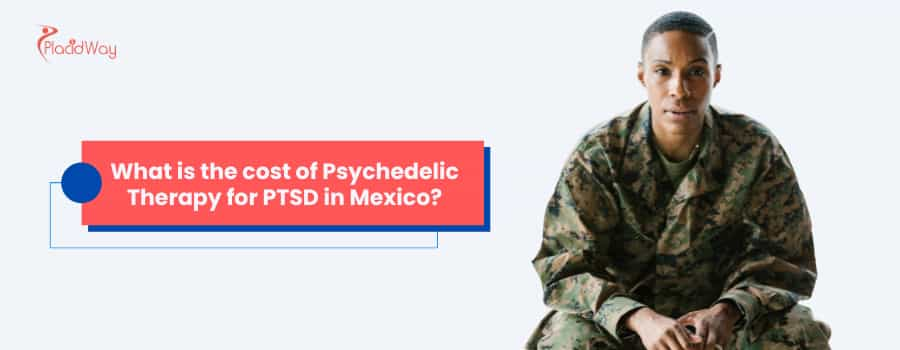
Post-traumatic stress disorder (PTSD) can be a debilitating condition, and for many, traditional treatments haven't provided the relief they desperately need. This has led to a growing interest in alternative therapies, with psychedelic PTSD treatment in Mexico emerging as a promising option. The use of substances like psilocybin and ibogaine in therapeutic settings is offering new hope for those struggling with the long-term effects of trauma. This guide will explore the ins and outs of this innovative approach, answering the most common questions people have about seeking this type of treatment in Mexico.
The conversation around mental health is evolving, and so are the treatments. In Mexico, a combination of traditional ceremonial use and modern therapeutic protocols creates a unique environment for healing. For many, especially veterans and first responders, the opportunity to engage in psychedelic-assisted therapy in a legal and supportive setting is a significant draw. This comprehensive resource will delve into what you need to know about this burgeoning field of mental healthcare.
What is Psychedelic PTSD Treatment?
"Psychedelic PTSD treatment is a form of therapy that involves the use of psychedelic substances, such as psilocybin or ibogaine, in a controlled and supportive setting to help individuals process and heal from trauma."
This therapeutic model is not simply about taking a substance. It's a structured process that includes preparation, the psychedelic experience itself, and crucial integration sessions afterward. The goal is to access and re-process traumatic memories in a way that reduces their emotional charge. The psychedelic substance is believed to increase neuroplasticity, allowing the brain to form new, healthier neural pathways and break free from the rigid patterns of thinking and feeling associated with PTSD.
The therapeutic environment is paramount. A trained facilitator or therapist guides the individual through the experience, ensuring their physical and emotional safety. This supportive presence helps the person navigate the often-intense journey of confronting deeply held trauma. The aim is to emerge with a new perspective on past events and a greater sense of peace and wholeness.
Why are People Traveling to Mexico for Psychedelic Therapy?
"People are traveling to Mexico for psychedelic therapy primarily because certain psychedelic substances, often used in traditional indigenous ceremonies, are not illegal for therapeutic use in the same way they are in many other countries, making these treatments more accessible."
Mexico has a long history of using psychedelic plants in spiritual and healing rituals. This cultural acceptance, combined with a growing number of professional retreats and clinics, has positioned the country as a key destination for psychedelic tourism. For individuals from countries where these substances are heavily restricted, Mexico offers a legal and structured environment to explore their therapeutic potential.
Furthermore, many centers in Mexico have developed specialized programs for conditions like PTSD, often staffed by experienced facilitators, therapists, and medical professionals. This provides a level of care and expertise that can be difficult to find elsewhere. The opportunity to disconnect from daily life and immerse oneself in a healing-focused environment is also a significant factor for many who make the journey.
What Types of Psychedelic Treatments are Available in Mexico for PTSD?
"The most common types of psychedelic treatments available in Mexico for PTSD include psilocybin therapy, using 'magic mushrooms,' and ibogaine therapy, derived from the iboga plant. Ketamine-assisted therapy is also available in some clinical settings."
Psilocybin, the active compound in magic mushrooms, is known for its ability to induce profound introspective experiences and facilitate emotional release. In a therapeutic context, it can help individuals confront and re-process traumatic memories from a detached and more compassionate perspective. Psilocybin retreats in Mexico often incorporate elements of traditional ceremony alongside modern therapeutic practices.
Ibogaine is a psychoactive substance derived from the root bark of the Tabernanthe iboga plant. While it has gained significant attention for its use in treating addiction, it is also being explored for its potential to address deep-seated trauma. Ibogaine is known for inducing a dream-like state where individuals may revisit past experiences, offering an opportunity for resolution and healing. It's a powerful substance that requires careful medical supervision.
Is Psychedelic PTSD Treatment in Mexico Legal?
"The legal status of psychedelic substances in Mexico can be complex and exists in a gray area. While the recreational use and sale of many psychedelics are illegal, the traditional ceremonial use of substances like psilocybin mushrooms is often tolerated, allowing for the operation of therapeutic retreats."
It's crucial to understand that while many retreats and clinics operate openly, the legal framework is not as clear-cut as in a fully regulated medical system. The use of these substances within a traditional, ceremonial context by indigenous communities is protected. Many psychedelic retreats operate under this umbrella.
Before considering treatment in Mexico, it's essential to research the specific legal standing of the substance and the center you are considering. Reputable centers will be transparent about their legal status and the measures they take to ensure the safety and legality of their programs.
How Much Does Psychedelic PTSD Treatment Cost in Mexico?
"The cost of psychedelic PTSD treatment in Mexico can vary widely, typically ranging from $2,000 to $10,000 or more, depending on the substance, the length of the program, and the level of medical and therapeutic support provided."
A multi-day psilocybin retreat, for instance, might fall in the lower to mid-range of this spectrum, while a medically supervised ibogaine treatment, which often requires more intensive care and a longer stay, will likely be at the higher end. These costs usually include the psychedelic sessions, accommodation, meals, and integration support.
When evaluating the cost, it's important to consider what is included. Look for programs that offer comprehensive support, including pre-treatment screening and post-treatment integration, as these are critical components of a successful therapeutic outcome.
What are the Risks of Psychedelic Therapy for PTSD?
"The risks of psychedelic therapy for PTSD include the potential for challenging psychological experiences, also known as a 'bad trip,' and in rare cases, the worsening of some psychological symptoms. Medical risks can also be present, especially with a substance like ibogaine, making thorough screening and medical supervision essential."
The psychological risks can often be mitigated with proper preparation and the guidance of a skilled facilitator. A challenging experience can even be therapeutically valuable if navigated correctly. However, individuals with a personal or family history of psychosis (like schizophrenia) are generally not considered suitable candidates for this type of therapy.
Medically, it is vital to undergo a comprehensive screening process to identify any underlying health conditions that could pose a risk. This is particularly true for ibogaine, which can have significant effects on the heart. Always be completely honest about your medical history and any medications you are taking.
How Do I Choose a Reputable Psychedelic Therapy Provider in Mexico?
"To choose a reputable psychedelic therapy clinic in Mexico, look for centers with experienced and well-trained facilitators, a strong emphasis on safety and medical screening, positive and verifiable testimonials, and a comprehensive program that includes preparation and integration."
Here are some key factors to consider:
- Experience and Credentials: Who will be guiding your experience? What is their training and background?
- Safety Protocols: What medical screening is required? Is there medical staff on-site? What are their emergency procedures?
- Therapeutic Framework: Do they offer preparation and integration support? What is their therapeutic approach?
- Transparency: Are they open about their legal status, costs, and what is included in their program?
- Reviews and Testimonials: What are past participants saying about their experiences?
What is the Role of Integration After Psychedelic Therapy?
"Integration is the process of taking the insights and experiences from a psychedelic journey and applying them to your daily life. It is a critical component of psychedelic PTSD treatment that helps to ensure lasting change."
The psychedelic experience can be profound and revelatory, but without proper integration, the benefits can fade over time. Integration can involve talking about your experience with a therapist or a support group, journaling, meditation, or other practices that help you make sense of your journey.
A good psychedelic therapy program will have a robust integration component. This might include follow-up sessions with a therapist, group sharing circles, and resources to support you as you return to your everyday life. This ongoing support is crucial for translating the powerful insights of the psychedelic experience into meaningful and lasting healing.
Are there Psychedelic Retreats Specifically for Veterans with PTSD in Mexico?
"Yes, there are a number of psychedelic retreats in Mexico that specifically cater to veterans with PTSD, often providing a supportive community of peers and facilitators who understand the unique challenges of military-related trauma."
These retreats recognize that the shared experience of military service can create a powerful bond and a safe container for healing. Being in a group of fellow veterans can reduce feelings of isolation and make it easier to open up about traumatic experiences.
Organizations like the Heroic Hearts Project have been instrumental in connecting veterans with psychedelic therapy opportunities in Mexico. These programs often have a rigorous screening process and provide a supportive framework for veterans to heal from the invisible wounds of war. The camaraderie and shared understanding in these groups can be a powerful catalyst for transformation.
Ready to explore your options for healing? PlacidWay can help you connect with a global network of healthcare providers and medical tourism opportunities. Discover a world of possibilities for your health and well-being.


.png)




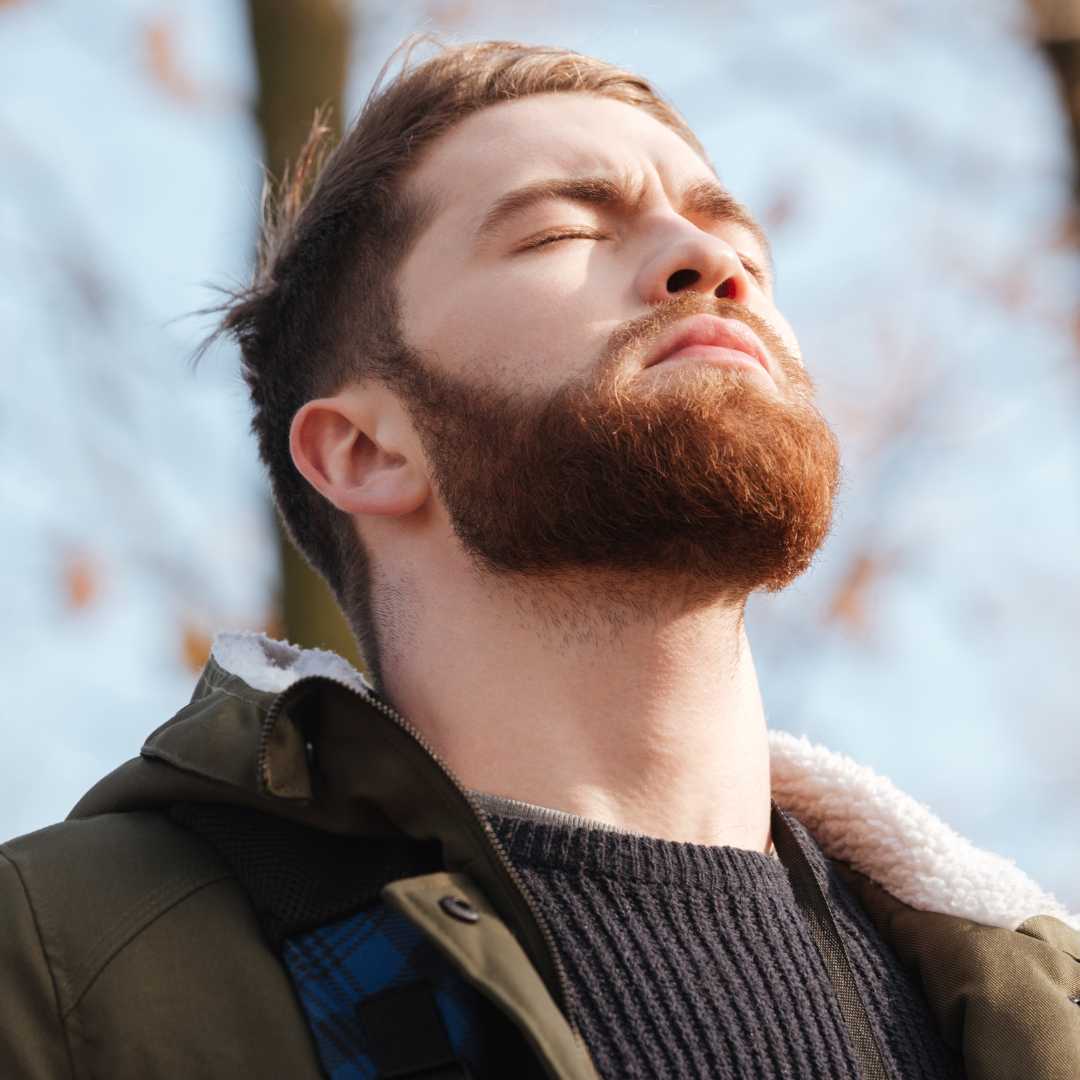

.png)
.png)

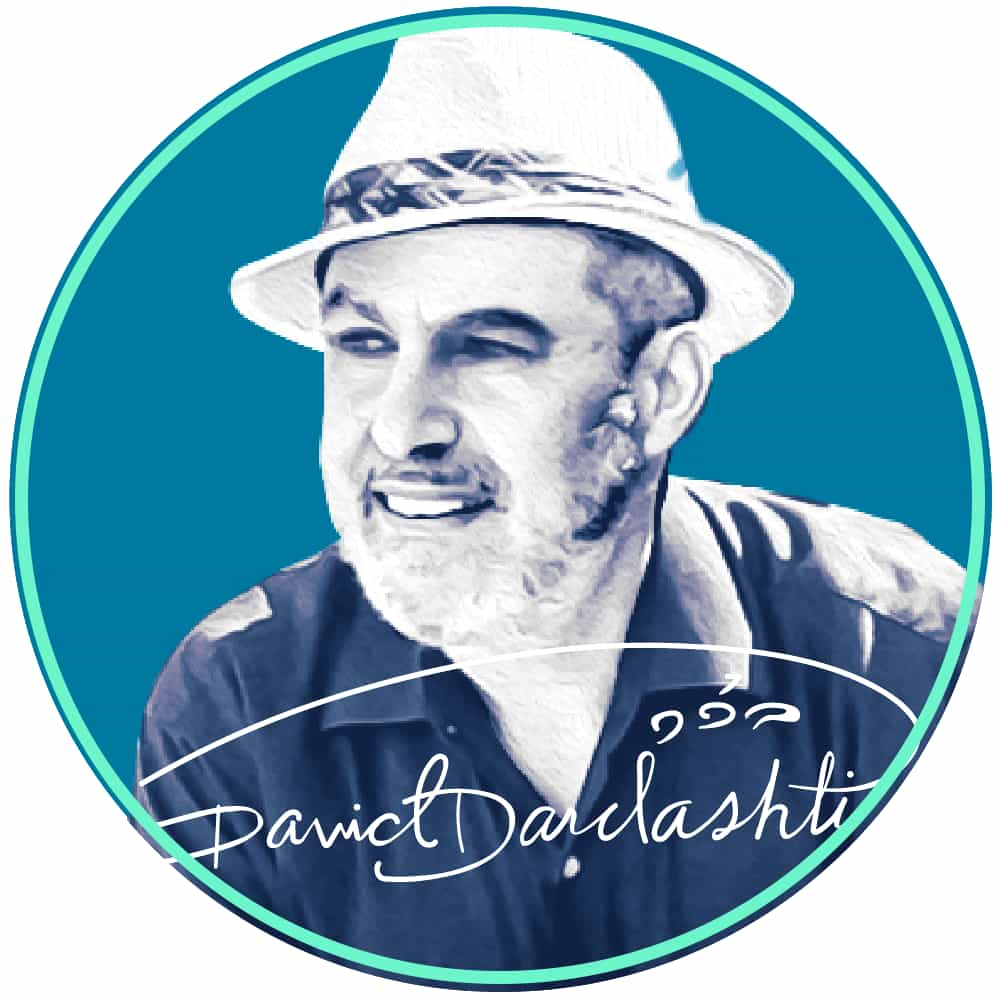
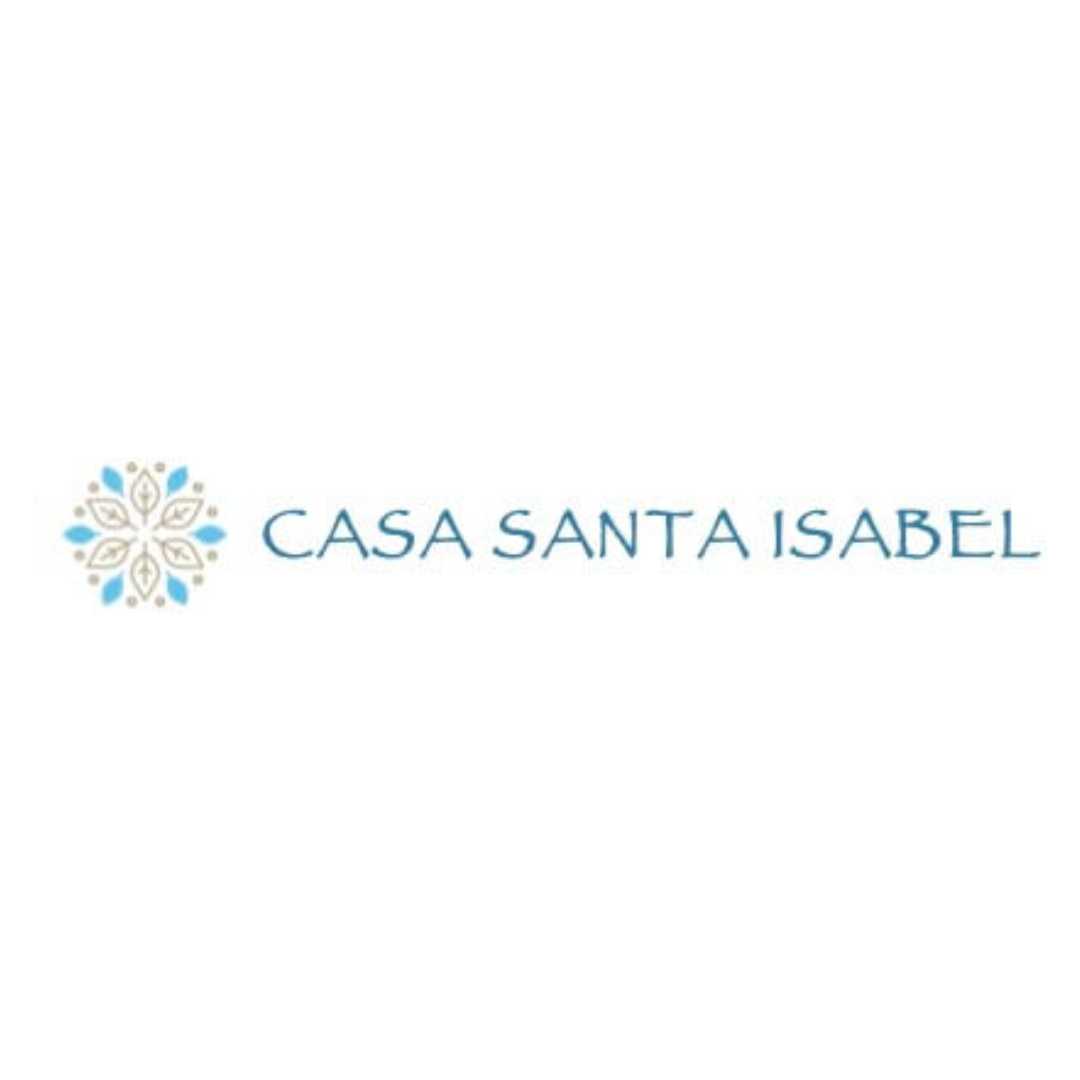
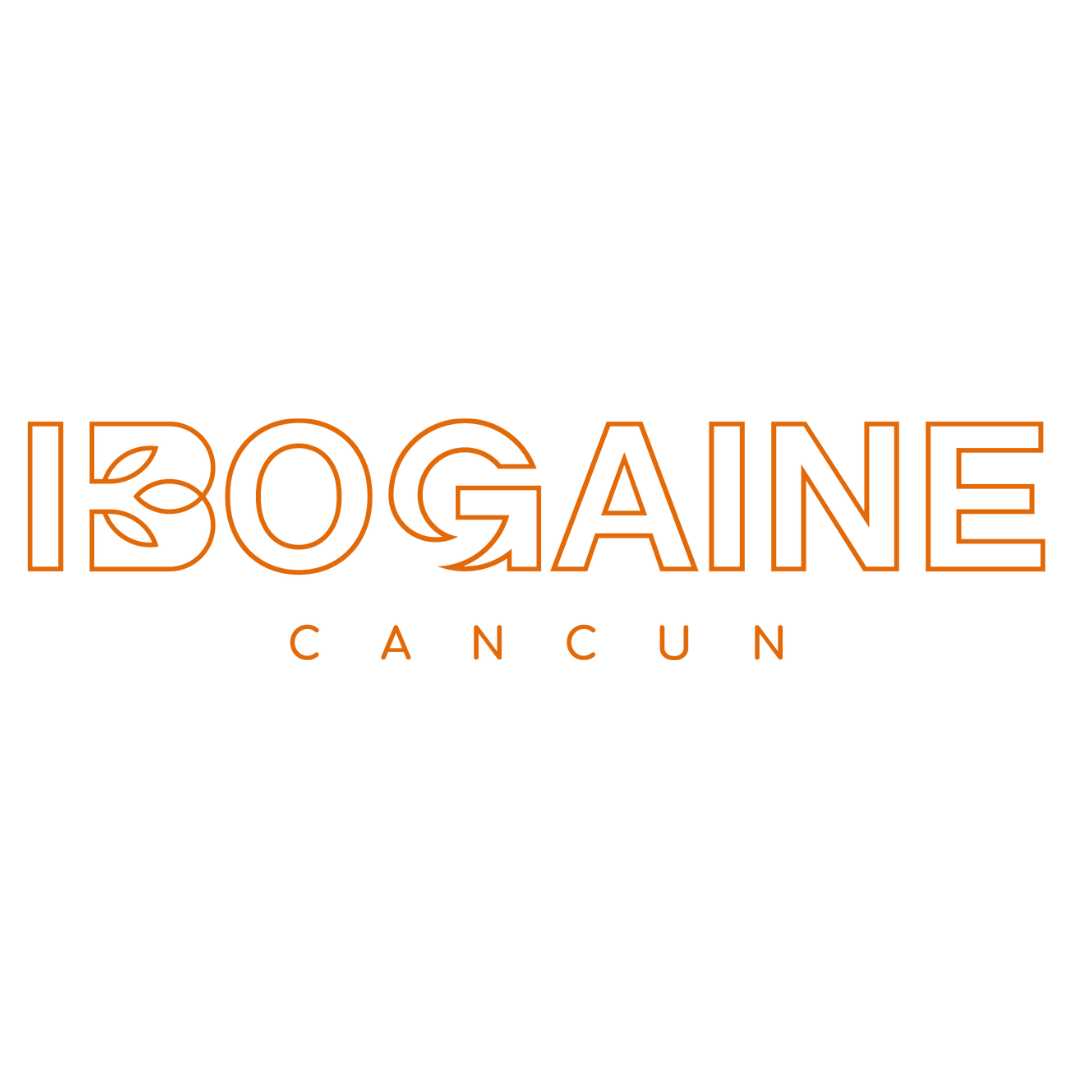
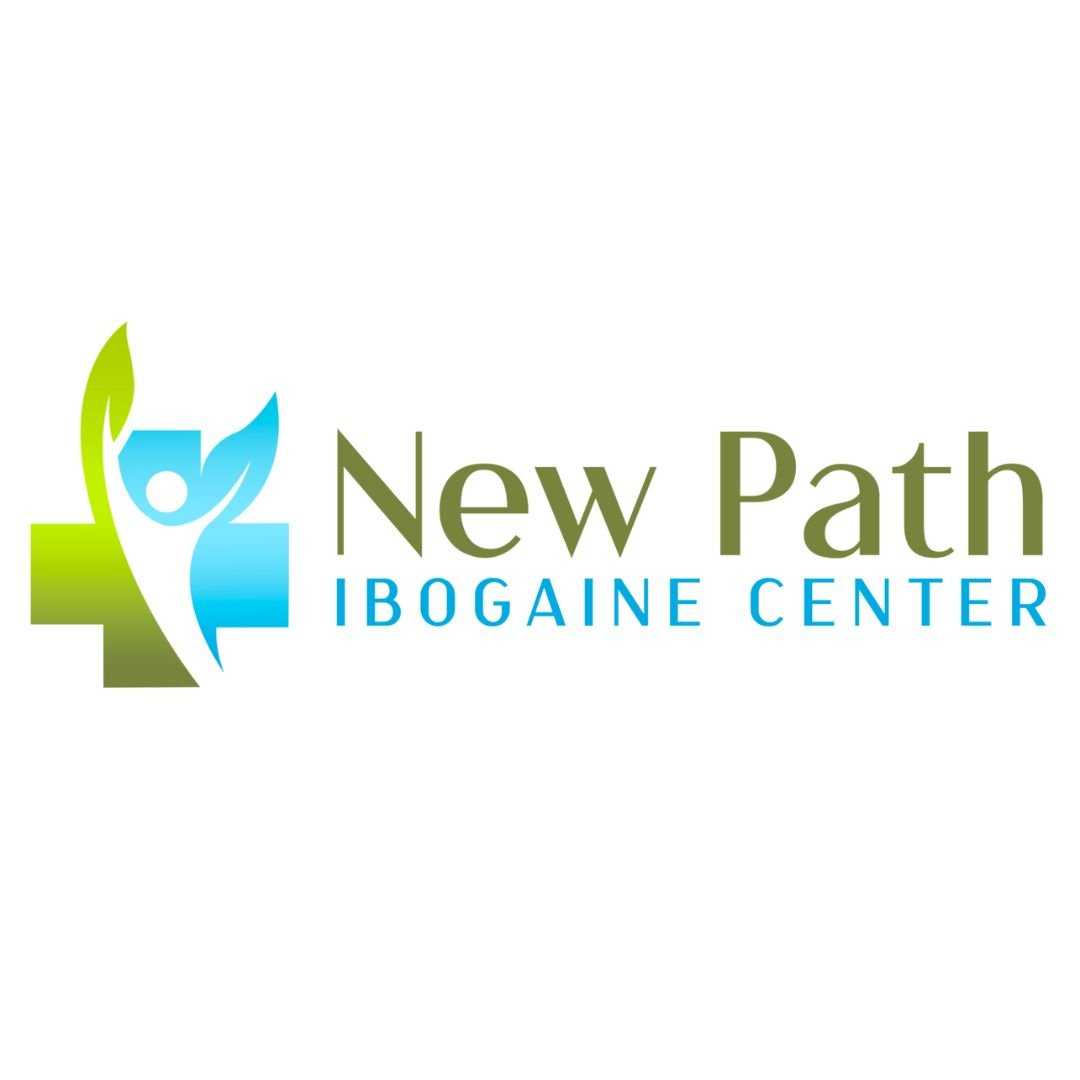

Share this listing